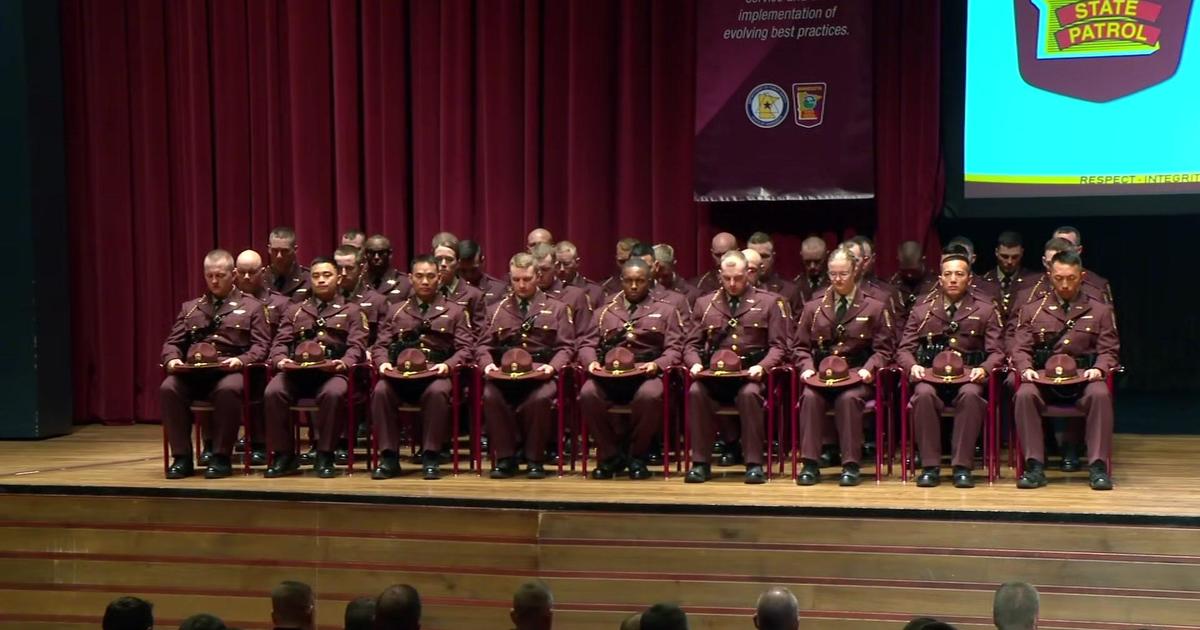State Lawmakers Announce Plans To Crack Down On Robocalls
MINNEAPOLIS (WCCO) – Minnesota lawmakers are joining the fight against frustrating robocalls.
On Monday, some House DFL members announced their plans for new legislation to crack down on the often predatory calls. It includes two new protections for consumers.
WCCO's Liz Collin explains how it would work and why it's touted as the toughest legislation yet.
The Minnesota Department of Commerce says we've received 387 million robocalls so far this year in this state.
That's 58 calls per person.
It's why, at the Capitol, there doesn't seem to be any push back to finally doing something about them.
"Minnesotans are ready for this robocall madness to stop. We have the tools to make that happen it's time to put them to work," Representative Zack Stephenson said.
Those tools will include making changes in two areas. First, on the legal side, clearly stating robocalls are illegal and making theft or swindle that comes from one of those calls a felony in Minnesota.
"My bill will take an everything and the kitchen sink approach to solving this problem," Rep. Stephenson said.
But Rep. Stephenson believes the biggest relief may come from putting the responsibility back on cell phone carriers to make anti-robocall technology available for free.
"The thing that I think is outrageous is the telecommunications companies that are right now charging people extra money to avoid fraud," Rep. Stephenson said.
Recently, what's known as stir-shaken technology has been rolled out to cut down on spoofed calls: numbers coming from what you think are local lines, but instead, are scammers from out of the country changing numbers to get you to answer. Some carriers now charge a few dollars a month to block that number before it gets to you.
"I think it's something we can all agree needs to be addressed," Representative Barb Haley said.
Rep. Haley says Republicans don't see any controversy moving forward with a change. She'd like to see Minnesota's congressional counterparts involved and cell phone companies, as well.
"I think this is a pretty common-sense solution to a problem that everyone in Minnesota is experiencing," Rep. Stephenson added. "I don't see any reason why it shouldn't proceed very quickly in the session."
The legislation will be officially introduced when next year's session begins in February.



